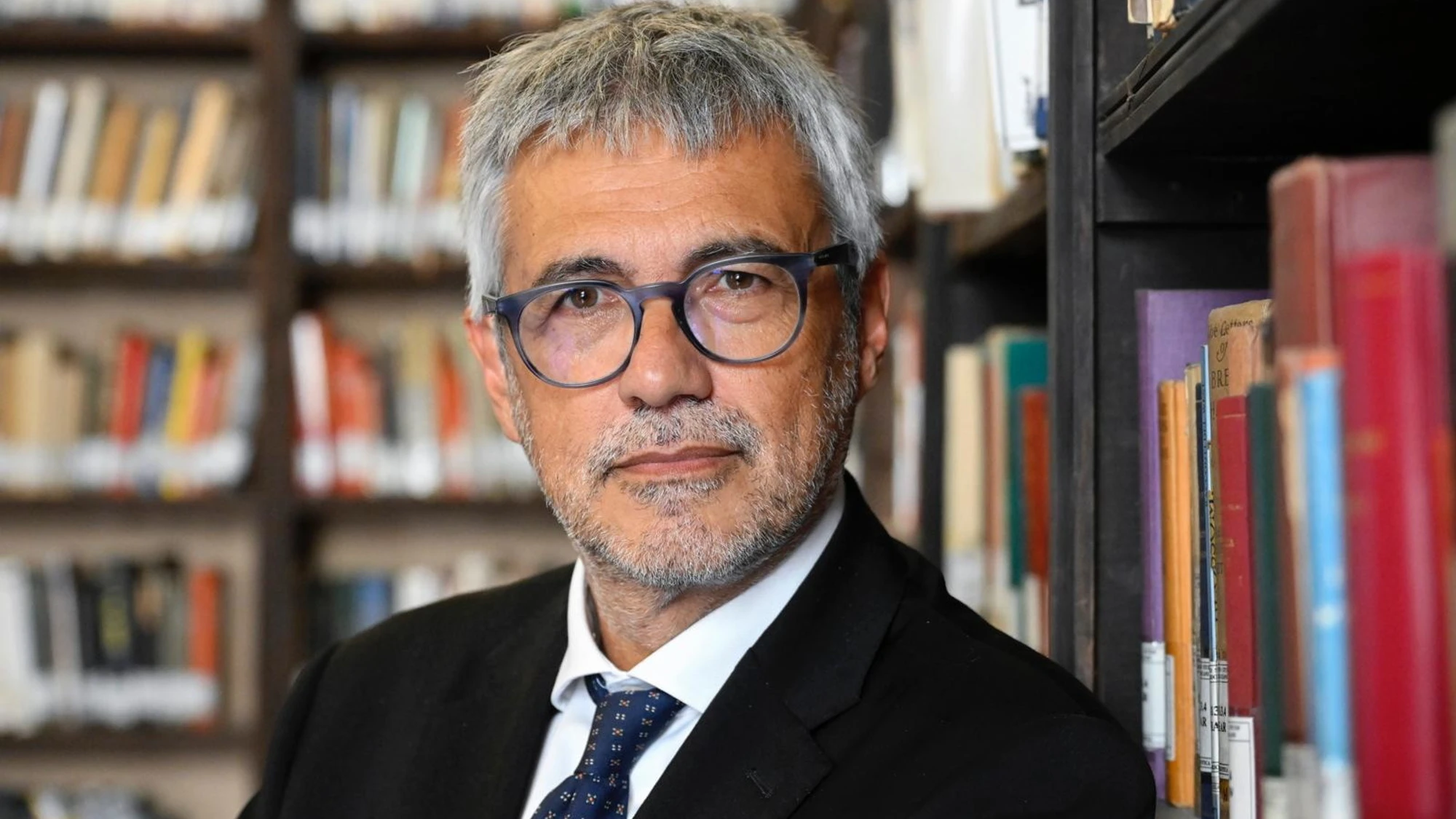- LEIMUIDEN, Netherlands, Aug. 7, 2019 /PRNewswire/ -- The European Union Safety Agency has recently issued five requirements to be fulfilled before Boeing 737 Max aircraft can fly again in Europe. However, Aircraft Engineers International (AEI) emphasizes that aircraft safety should be proactive; pointing out that it has previously advised the agency of other regulatory areas that require attention. Some EU member states allow procedures where technical maintenance on vital aircraft systems are not verified by a licensed aircraft engineer even though the EU regulation requires it: The EU has stated both they and EASA are confident that the release to service process is well understood throughout Europe even though the LBA has stated in writing that it will decide which EASA policies it will implement; the certificate of release to service procedure, not being one of them. "How did EASA manage to close the audit findings?" questions AEI President Ola Blomqvist. "It is not possible to be compliant with EU regulations without strictly adhering to the EASA regulation and their own clarifying policy on release to service, which Germany refuses to implement." Aircraft Engineers International calls on EASA to ensure that its own rules are strictly enforced, that all audit reports are dealt with promptly, and that "release to service" verification requirements are uniformly understood throughout Europe. The grounding of the Boeing 737 Max fleet post-accident rather than pre, highlights that effective regulatory oversight is a prerequisite for safe flying. About AEI: Aircraft Engineers International (AEI) was formed in 1971 and represents the collective interests of over 30,000 Licensed Aircraft Maintenance Engineers in over 30 countries. The AEI mission is to be the global voice of Licensed Aircraft Engineers by providing representation and support in order to promote the highest levels of aviation safety and maintenance standards worldwide. www.airengineers.org References: [1]Markus Ferber MEP (Die Welt interview 20.03.2019)





